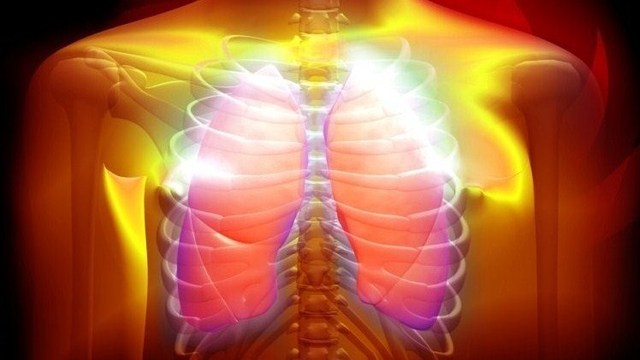What is PND?
PND or Paroxysmal Nocturnal Dyspnea is commonly referred to as cardiac asthma. It's characterized by sudden and severe shortness of breath at night that can wake a person up can cause coughing and wheezing.
PND is a sign of congestive heart failure and often strikes one or two hours after the person with heart failure has fallen asleep.
Specifically, dyspnea, "refers to the sensation of difficult or uncomfortable breathing,"according to the National Center for Biotechnonoly Information. However, Dyspnea is not the same as hyperventilation which consists of short, quick breaths and an inability to get one's breath. Dyspnea can also be associated with exertion.
PND occurs by a fluid build up in the lungs entering the alveoli (air sacs) while a person sleeps. The alveoli are responsible for oxygen and carbon dioxide exchange from the blood. During the day, the fluid is retained in the legs. At night, while sleeping, the body resorbs this fluid resulting in an increase in total blood volume and blood pressure leading to pulmonary hypertension or edema. Many patients, without realizing the congestive heart failure nature of these symptoms naturally counteract these symptoms by sleeping on several pillows or sleeping while sitting up.
One explanation for the onset of symptoms is that the left ventricle is starting to fail and is unable to keep up with the performance of a perfectly healthy right ventricle. Other theories according NCBI, include "decreased responsiveness of the respiratory center in the brain and decreased adrenergic (adrenalin-fueled) activity in the myocardium (heart muscles) during sleep."
Common Causes of PND
- Chronic Obstructive Pulmonary Disease (COPD): a group of lung conditions including chronic bronchitis and emphysema that affects the lungs' ability to function normally.
-Cor Pulmonale: "An acute strain or hypertrophy [abnormal enlargement] resulting from disease of the lungs or of other blood vessels." (Dictionary.com)
- Heart failure
- Hypertensive heart disease
- Obesity (which aggravates other conditions)
- Panic disorders
- Sleep apnea
- Snoring
Depending on symptoms and pre-existing conditions, chest X-rays, ECG (echocardiogram), or pulmonary function tests may determine exact reason for the onset of symptoms.
If you have unexplained difficulty breathing at any time, make an appointment with a physician.
Sources:
www.wikipedia.com;
www.ncbi.nih.gov;
www.paroxysmalnocturnaldyspnea.com;
www.wrongdiagnosis.com;
www.healthline.com;
www.dictionary.com






Add a CommentComments
There are no comments yet. Be the first one and get the conversation started!